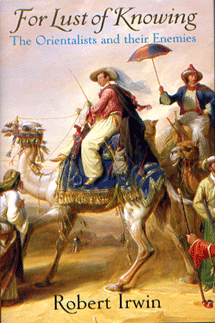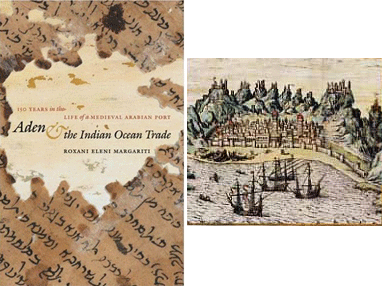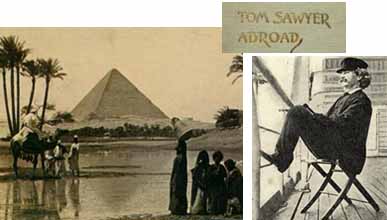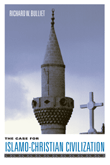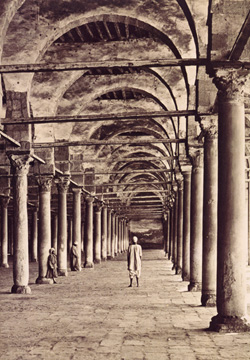
“Interior of the Amron Mosque,†Henry Bechard, ca. 1870
[Note: the following excerpt is from the introduction to my recent book on the ways in which anthropologists study and represent Islam.]
What the world does not need is yet another book which assumes Islam can be abstracted out of evolving cultural contexts and neatly essentialized into print without repeating the obvious or glossing over the obtuse. This is–I believe and I hope–not such a book. I have no interest in telling you what Islam is, what it really must be, or even what it should be. In what follows I am more attuned to what Islam hopefully is not, at least not for someone who approaches it seriously as an anthropologist and historian. I bare no obvious axe to grind as either a determined detractor against the religion or an over-anxious advocate for it. Personally, as well as academically, I consider Islam a fascinatingly diverse faith, a force in history that must be reckoned with in the present. The offensive tool I do choose to wield, if my figurative pen can stand a militant symbol, is that of a critical hammer, an iconoclastic smashing of the rhetoric that represents, over-represents and misrepresents Islam from all sides. By avoiding judgment on the sacred truth of this vibrant faith, I shift intention towards an I-view that takes no summary representation of Islam as sacred. Continue reading Islam Obscured
